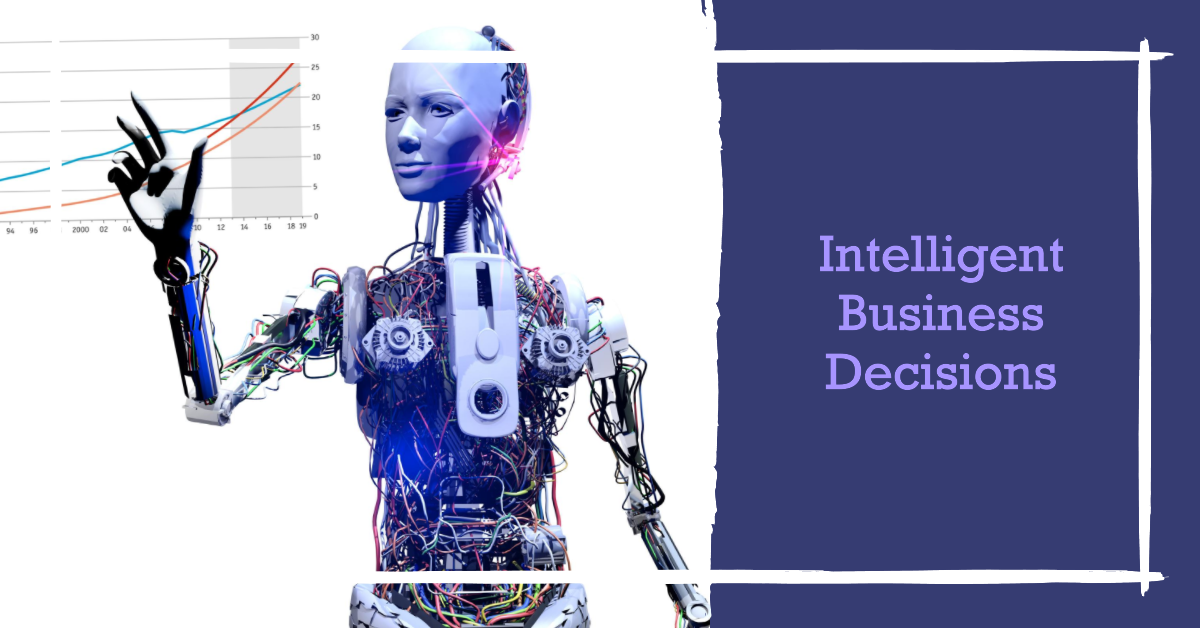One of the primary reasons businesses turn to AI is the array of benefits it brings. The speed and efficiency of AI-driven decision-making, coupled with enhanced accuracy, contribute to a competitive edge. Moreover, the cost-effectiveness and optimal resource utilization further solidify its importance.

